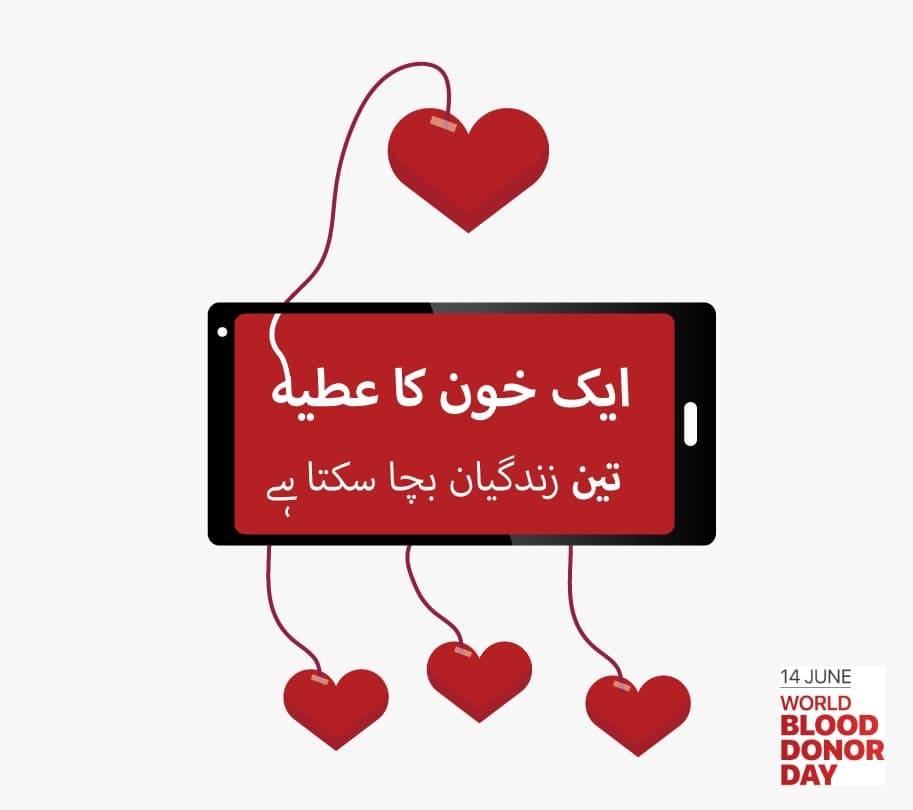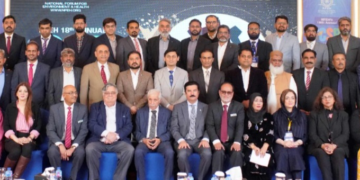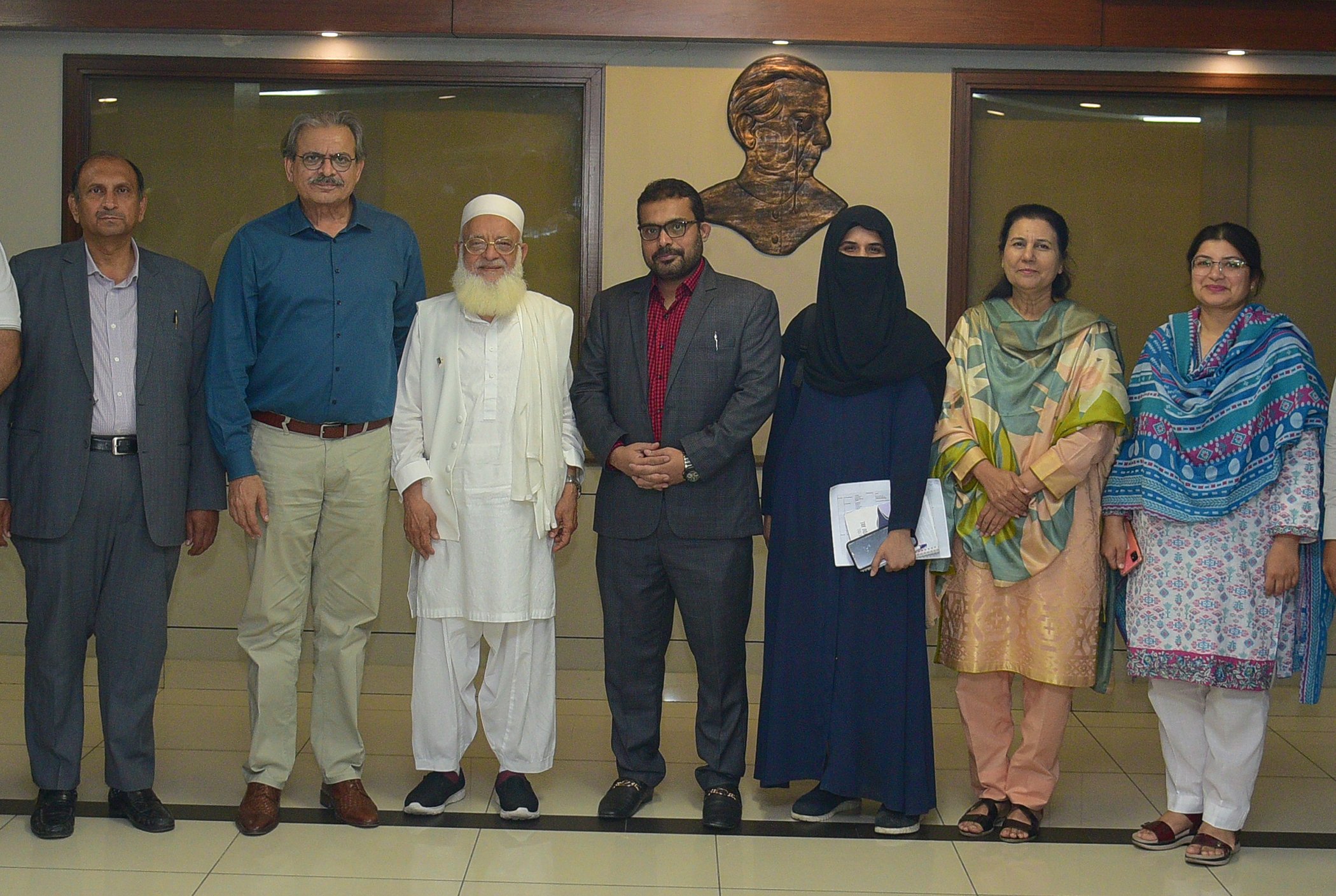KARACHI – Countries around the world celebrated World Blood Donor Day (WBDD) on Friday to raise awareness about the need for safe blood and to thank donors for their life-saving gifts. In Pakistan, national health organizations marked the day by holding campaigns to raise awareness about the need for more, safe blood donations, as the country battles an ongoing, safe blood shortage problem.
Blood is an important resource for patients who suffer from life-threatening conditions and in maternal and perinatal care. Pakistan, however, has an acute safe blood shortage – something that urgently needs to be addressed, according to Hasan Abbas Zaheer, Project Director and National Coordinator of the Safe Blood Transfusion Programme (SBTP).
Around 3 percent of the country’s population should donate blood in order to meet the country’s needs, according to Zaheer.
“Pakistan has additional transfusion needs due to the high burden of thalassaemia and so we need about 3% of our population to donate blood on a regular basis, two to three times in a year, to sustain our blood transfusion system on 100% voluntary non-remunerated blood donations,” said Zaheer.
Social media platforms are also rallying behind the cause. Facebook launched its blood donation feature in 2017 and in Pakistan last year. The feature allows people to sign up as blood donors and to locate their nearest blood donation centers and those who need blood urgently. Since 2018, more than 2 million people have signed up to be blood donors on Facebook in Pakistan out of 35 million globally.
Zaheer praised Pakistan’s “strong national culture of altruism” as one factor that is helping to boost blood donations in the country.
Hashtags such as #SafeBloodForAll and #DonateBlood were used across social media platforms on Friday to raise awareness.
Of the 117.4 million blood donations collected globally, 42% of these are collected in high-income countries, home to 16% of the world’s population.
In low-income countries, up to 52% of blood transfusions are given to children under 5 years of age, according to data from the World Health Organization (WHO). An adequate and reliable supply of safe blood can be assured by a stable base of regular, voluntary, unpaid blood donors. These donors are also the safest group of donors as the prevalence of bloodborne infections is lowest among them, says the WHO.
Find your nearest blood bank or be notified when someone needs blood here:www.facebook.com/donateblood



















